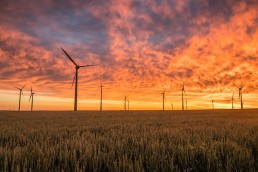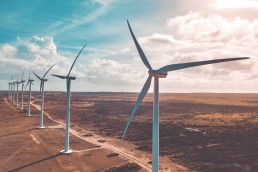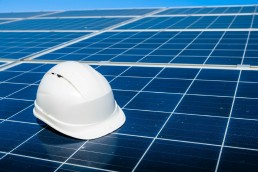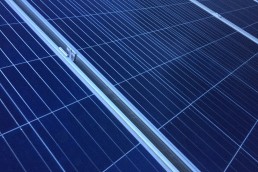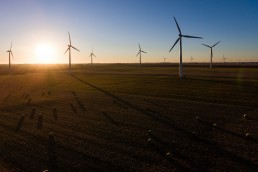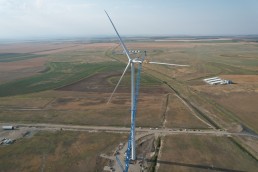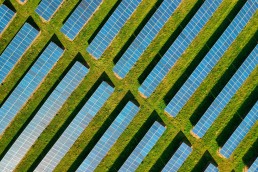15 October 2025
VIFOR Wind Farm Progress Update
The construction of Rezolv’s VIFOR wind farm in Romania is moving forward at pace.
14 October 2025
Central & Southeastern Europe’s renewables revolution: which countries are leading the race to decarbonise?
Earlier in this series, at the end of Q1 2024, we considered 2030 emissions targets and provided a ‘status update’ on the progress the countries in Central & Southeastern Europe (CEE) had made in 2023.
6 October 2025
Rezolv offers 100 free training places in renewable energy, in partnership with RenewAcad
Rezolv Energy, one of the leading renewable energy producers in Central and Southeastern Europe, is offering 100 free training places in Buzău County, Romania, to help local people gain the skills needed for tomorrow’s clean energy jobs.
3 October 2025
Rezolv Energy receives EU grant for battery energy storage project in Bulgaria
Rezolv Energy has secured a grant from the European Union under the NextGenerationEU programme for the deployment of a Battery Energy Storage System (BESS) at the St. George solar power plant in Bulgaria.
14 August 2025
Rezolv Energy a major winner in Romania’s second contracts for difference (CfD) auction
Rezolv Energy, backed by growth market sustainable infrastructure investor Actis, has been awarded three contracts for difference (CfDs) by the Romanian Ministry of Energy in the country’s second CfD auction.
31 July 2025
Rezolv Energy selects partners for Phase 2 of the VIFOR wind farm in Romania
Rezolv Energy, backed by growth market sustainable infrastructure investor Actis, has selected its key partners for Phase 2 of the VIFOR Wind Farm in Buzău County, Romania.
22 July 2025
Rezolv Energy signs incremental €331 million finance facilities to bring its VIFOR wind farm in Romania to full capacity
Actis-backed Rezolv Energy, through its project subsidiary First Look Solutions S.R.L., has signed incremental project finance facilities of up to €331 million to support construction of the 269MW second phase of its VIFOR wind farm in Buzău County, Romania. Phase 2 will take the project to its full 461MW capacity.
1 July 2025
Rezolv Energy and SCION Launch Nature and CleanTech Accelerator for Early-Stage Ventures in Bulgaria and Romania
Rezolv Energy and SCION have announced the launch of the SCION Accelerator, a 10-week programme to support early-stage teams working at the intersection of ecology, science and scalable technology in Bulgaria and Romania.
19 February 2025
Why has the retail sector moved into the big leagues when it comes to renewable energy procurement?
In the last article in this series, we undertook a deep-dive into the ICT industry and why it – and the growth of data centres specifically – is so significant for the development of renewable energy in Central and Southeastern Europe.
Join Rezolv Energy on LinkedIn
Connect and engage with our community, united by a shared passion for clean energy innovation. Join us on LinkedIn to stay updated, share insights and be part of the conversation shaping the future of sustainable solutions.
